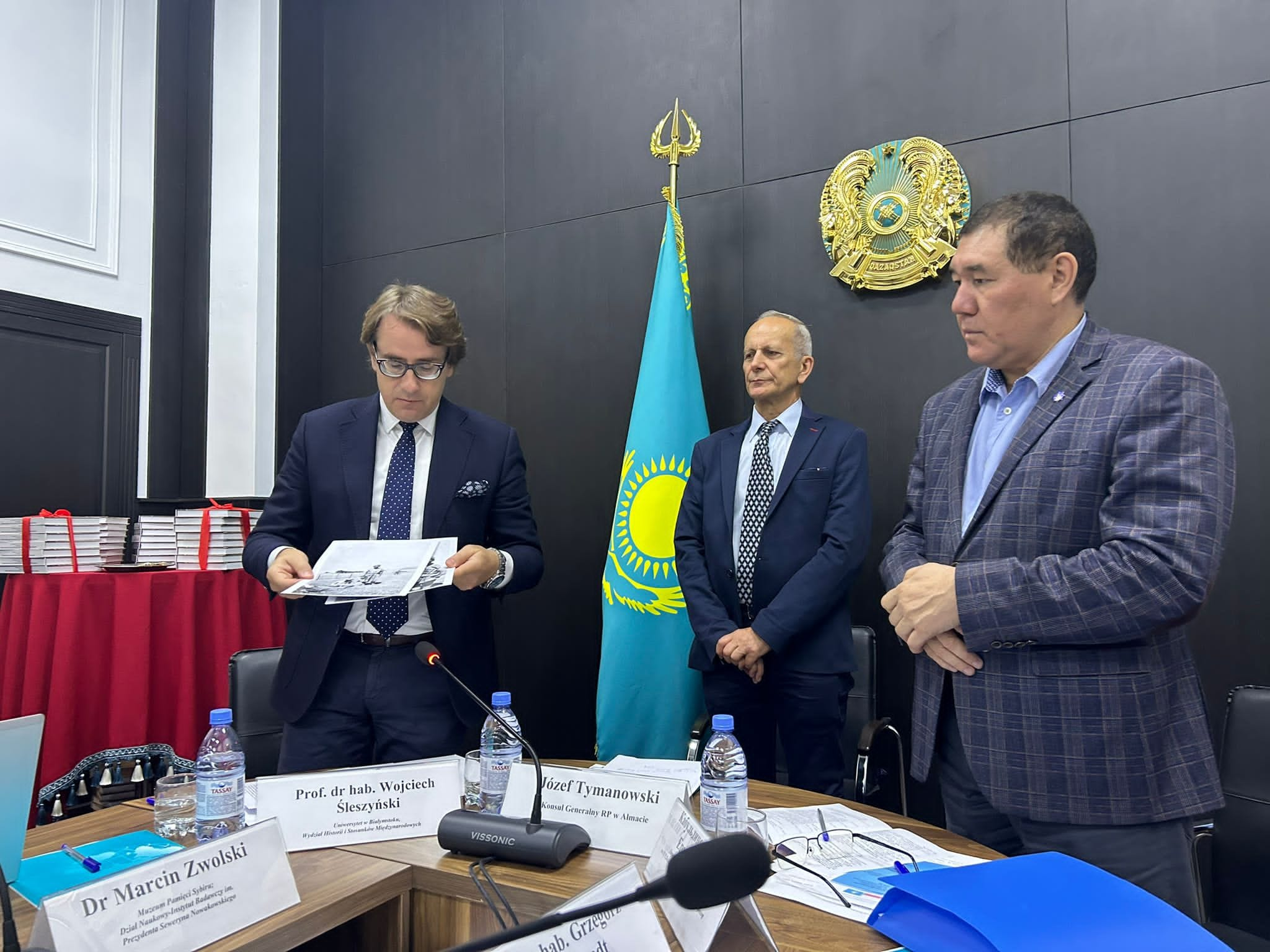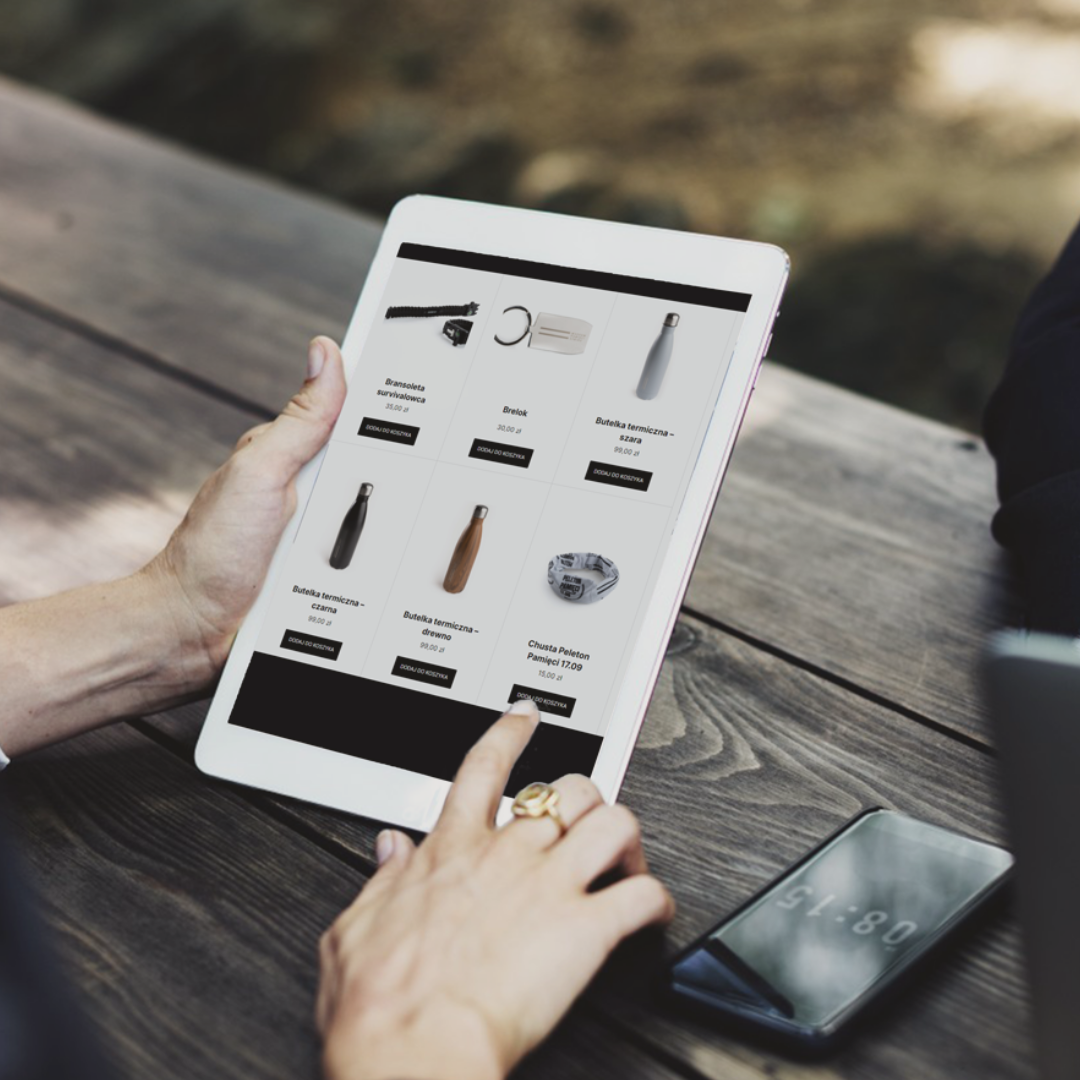The collaboration of the Sybir Memorial Museum with archivists and researchers from Kazakhstan and Uzbekistan leads to further initiatives. There are also plans to expand the cooperation network to include another country and its archives — Kyrgyzstan.
The Polish-Kazakh Historical Commission initiated by the Sybir Memorial Museum and under the leadership of the Museum director, Professor Wojciech Śleszyński does not slow down. On September 29–30, 2023, the fourth meeting of this group took place, this time in Kazakhstan, Almaty.
The host of the meeting in the new conference room of the National Library of Kazakhstan was the Co-chairman of the Commission from the Kazakh side — Professor Ziyabek Kabuldinov. It was under his leadership that further sets of documents from the archives of Kazakhstan were prepared and declassified, telling about the fate of Polish deportees who found themselves on Kazakh lands.
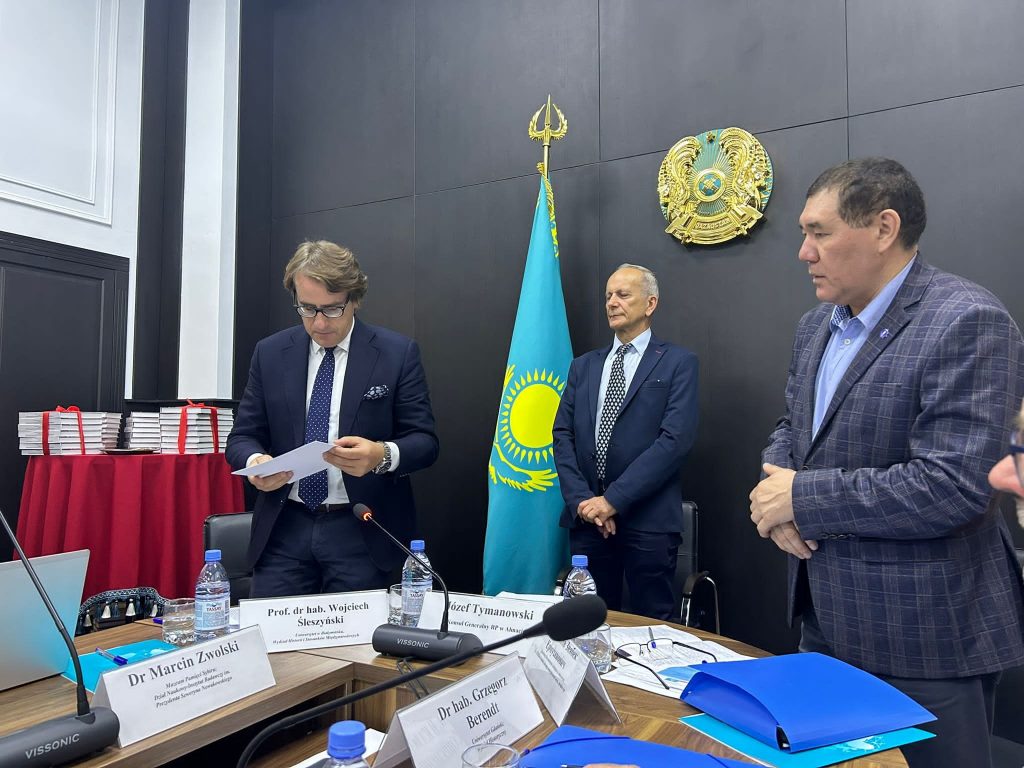
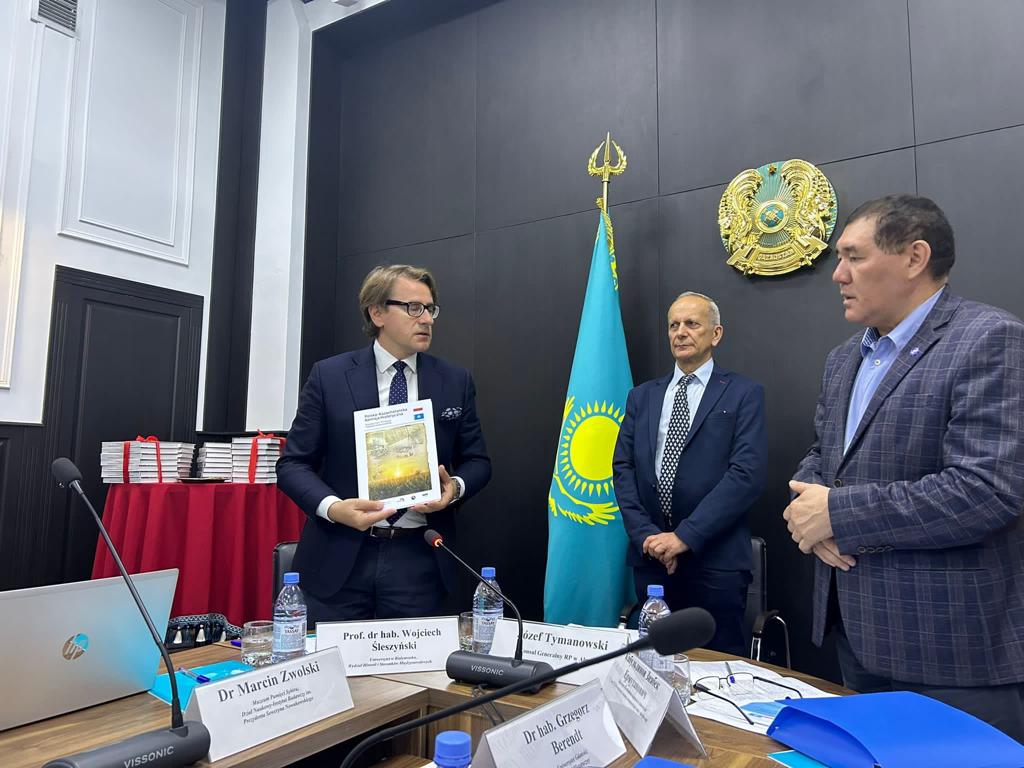
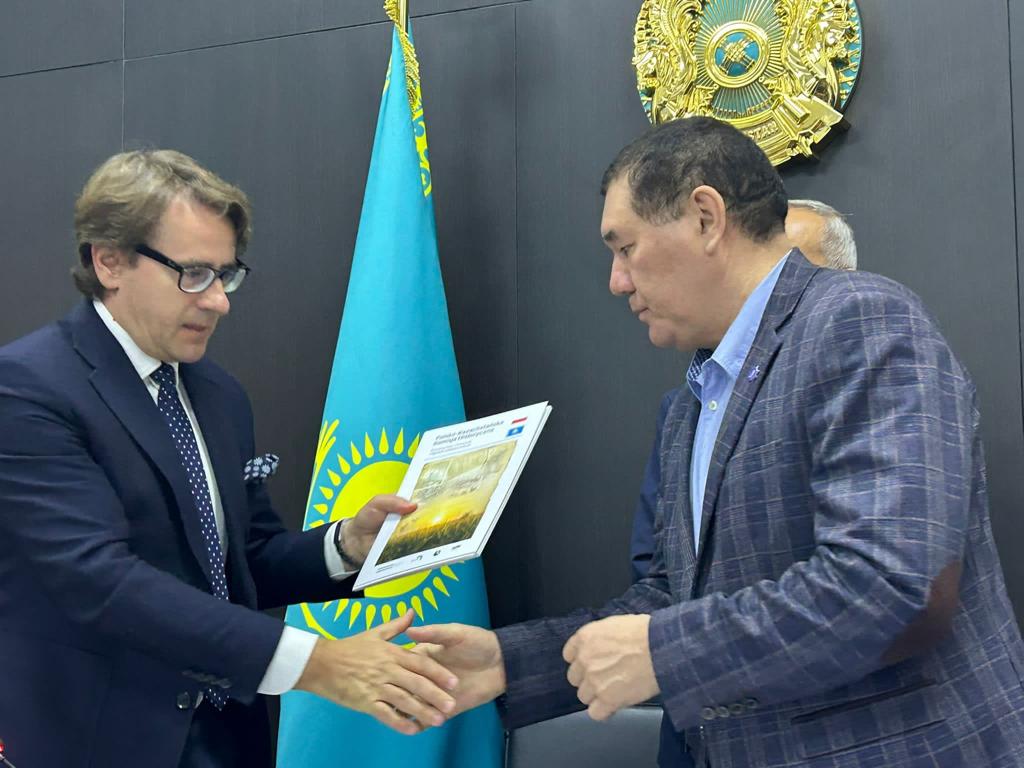
To the four volumes already transferred to the Polish side (they are now being translated and prepared for publication by the Sybir Memorial Museum and the Museum of the Second World War), another three have been added. During the meeting, collections containing materials about Poles who found themselves in the Aktobe and Almaty Province were presented and discussed in detail. The third set included documents from the Central State Archive of the Republic of Kazakhstan, describing the fate of the Poles who were exiled to Kazakhstan on the turn of the 19th and 20th century.
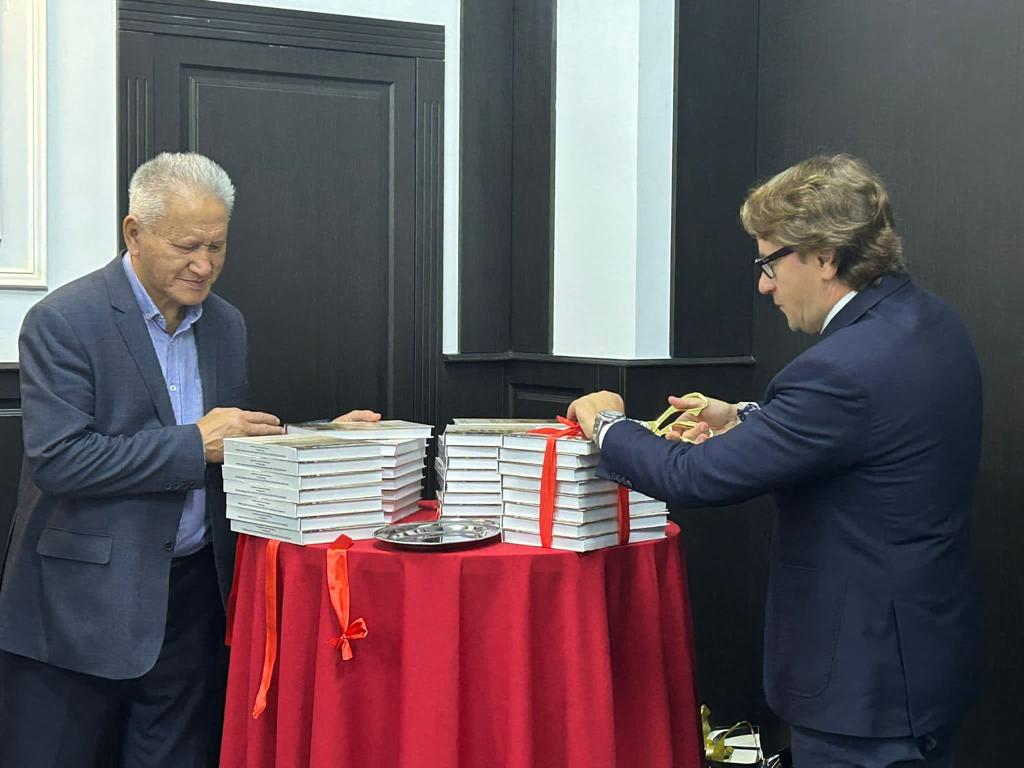
After the presentation of the sets of copies of archival documents containing a total of several thousand pages, they were officially handed over to the Director, Professor Śleszyński and the Director of the Museum of the Second World War, Professor Grzegorz Behrendt. Now they will be scientifically elaborated.
The second part of the meeting was a large international conference ‘Poles and Polish citizens in Kazakhstan in the 19th-20th century. History — People — Modernity’, which was organized by the Commission with the support of the Consul General of the Republic of Poland in Almaty, Professor Józef Tymanowski.
Historians and archivists from Kazakhstan and Uzbekistan presented the results of their research on the fate of Poles in Kazakhstan, as well as in Central Asia. There were also speakers from Poland — talks were delivered by the employees of the Sybir Memorial Museum, the Museum of the Second World War, The Witold Pilecki Institute of Solidarity and Valor, the University of Lodz, the Nicolaus Copernicus University in Toruń, the University of Siedlce and the Polish Academy of Sciences. Several articles and long discussions resulted in a synthesis of current knowledge and introduction to new research directions that should be explored in the future.
The fourth meeting of the Polish-Kazakh Historical Commission ended with the setting of goals for the future, which included continuing cooperation through the publication of prepared collections of documents in print, the development and publication of a short history of Kazakhstan in Polish, as well as a collection of lectures for students. Thanks to it, Polish academic youth will be able to learn about the history of Polish-Kazakh relations, and Kazakh students will be able to learn about the history of Poles in Kazakhstan.
A few weeks earlier, on September 3-4, 2023, the second meeting of the Polish-Uzbekistan Historical Commission took place in Uzbekistan. The creation of the Commission was also an initiative of the Sybir Memorial Museum in Bialystok and the Museum of the Second World War.
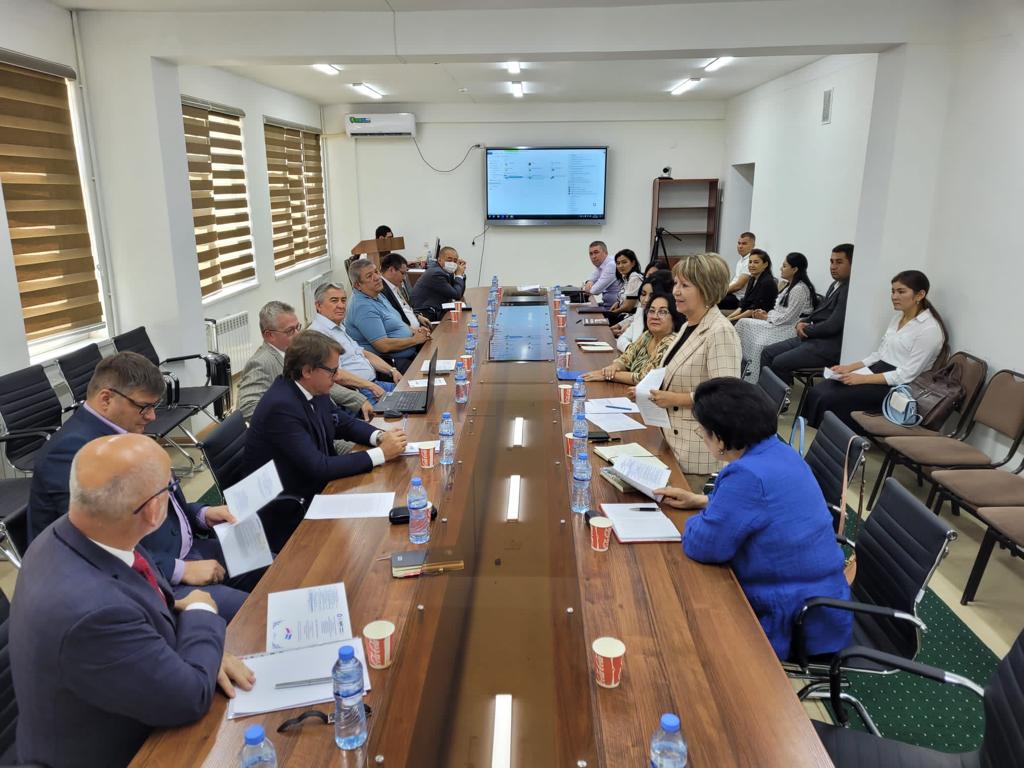
The commission met at the National Archives in Tashkent. The meeting was opened by a speech given by the rector of the National University of Uzbekistan named after Mirzo Ulugbek.
During the meeting, Uzbek archivists handed over to the Polish side another batches of documents relating to the stay of the Poles in Uzbekistan during the Second World War, paying special attention to the period of formation of Anders’ Army in the area. These materials will now be scientifically processed by Polish historians.
During their stay in Uzbekistan, the Polish delegation visited the graves of Poles who died during the formation of Anders’ Army. Sybiraks — exhausted by work, extremely unfavorable conditions and illnesses — very often, after reaching the mobilization points of the Polish Army in the USSR, were not able to join the army. They ended up in field hospitals, where many of them died.
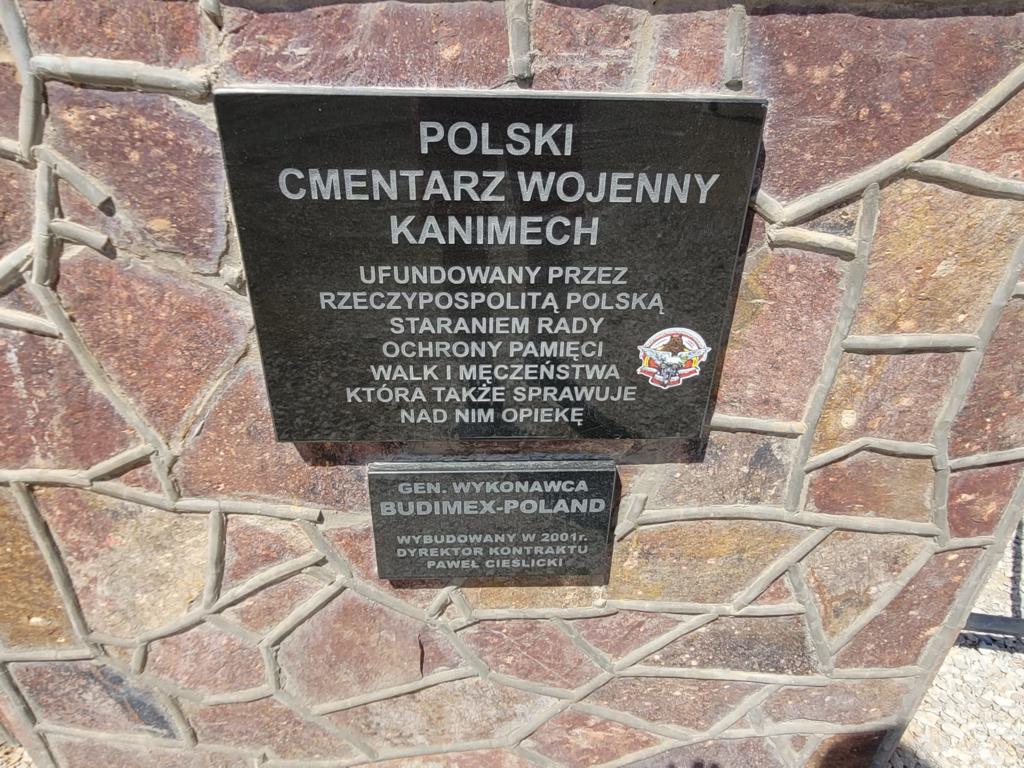
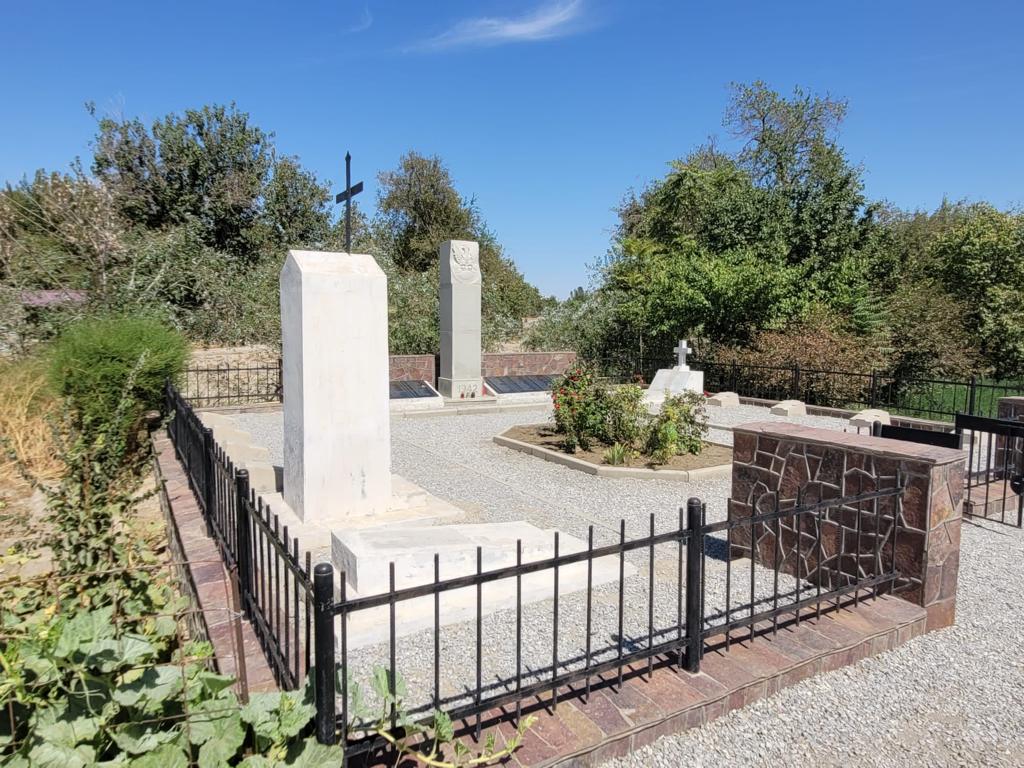
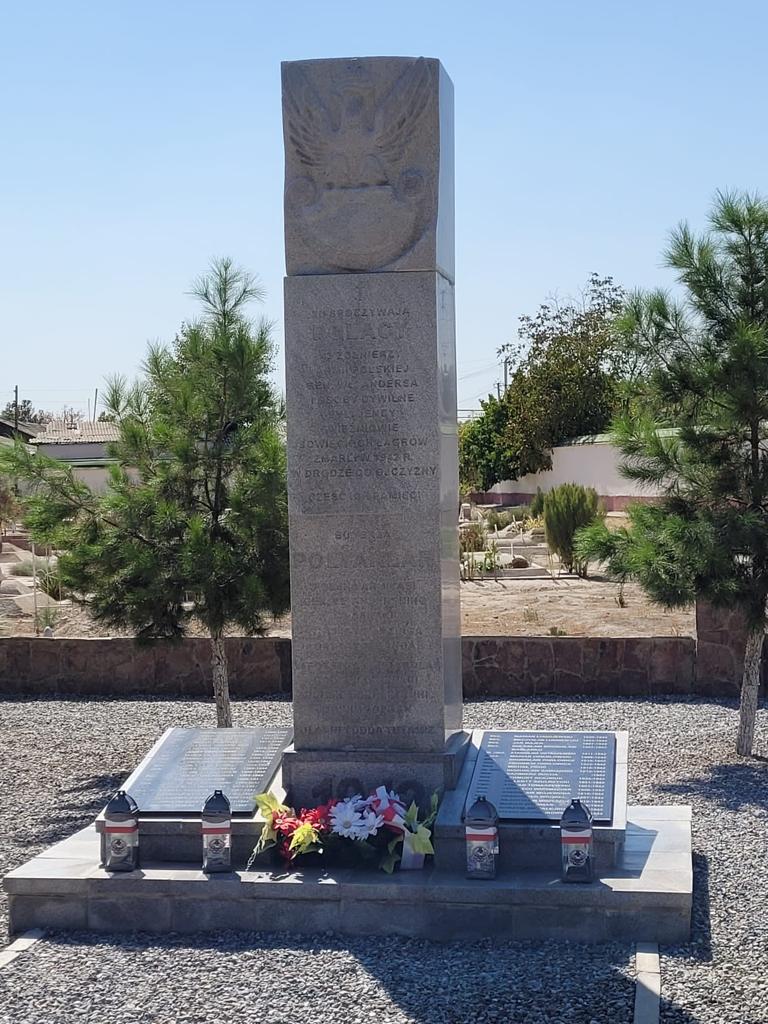
Polish cemeteries in Uzbekistan are to be the next research project initiated by the Sybir Memorial Museum, the Museum of the Second World War and the Polish Ambassador in Tashkent.
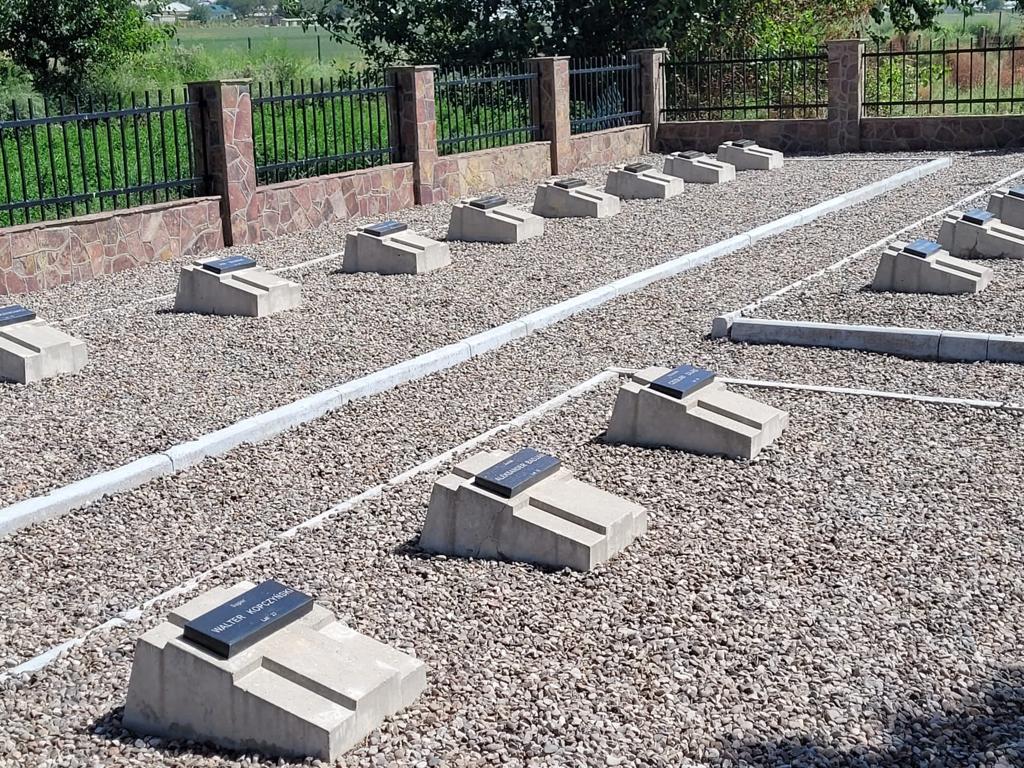
That successful cooperation, started in 2022 in Bialystok by the Sybir Memorial Museum, expands the reach of its activities to other countries and institutions. The next meeting of the Polish-Kazakh Historical Commission will take place in 2024 in the capital of Kyrgyzstan, Bishkek. To disclose and disseminate information about the fate of the Poles deported deep into the Soviet Union, archivists and researchers from Kyrgyzstan will be involved in cooperation.
— ‘The Sybir Memorial Museum gradually gains new documents, expands its network of cooperation and initiates international scientific projects’ — says museum director professor Wojciech Sleszynski. — We have deservedly gained a reputation as one of the leading centers promoting the expansion of knowledge about the fate of Poles in the East.
— The first materials revealing the stories of individual deported people have already been transferred to the interested parties. For example, the Chairman of the Main Board of the Association of Siberian Deportees, Kordian Boreyko, and the descendants of one of the pre-war Mayors of Bialystok, Boleslaw Szymanski, have received documents about the fate of their families in exile” — adds the Director of the Sybir Memorial Museum.




